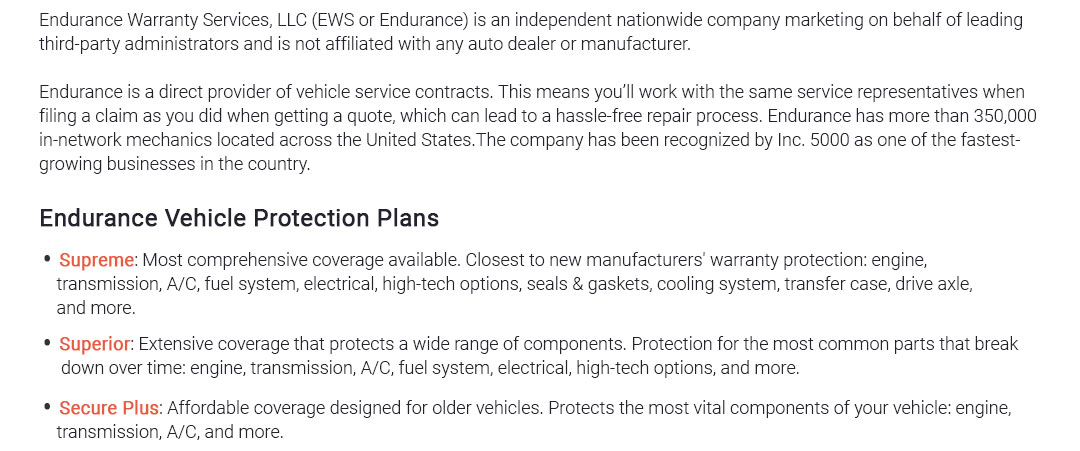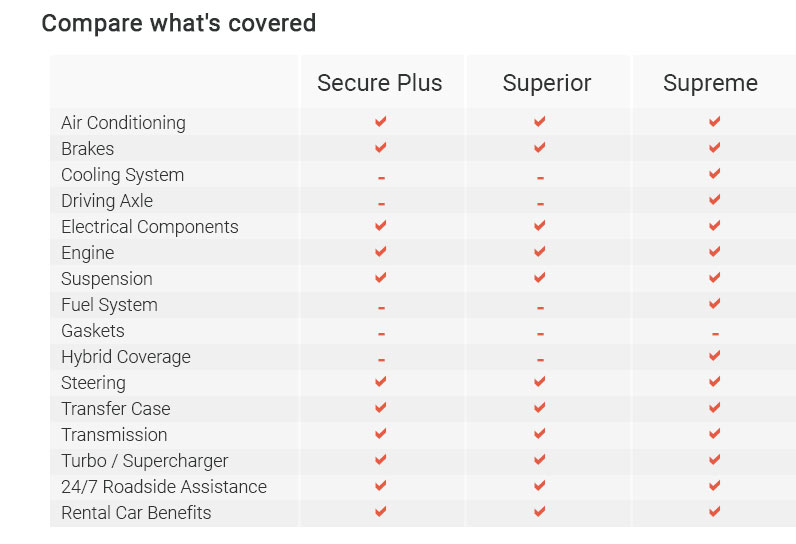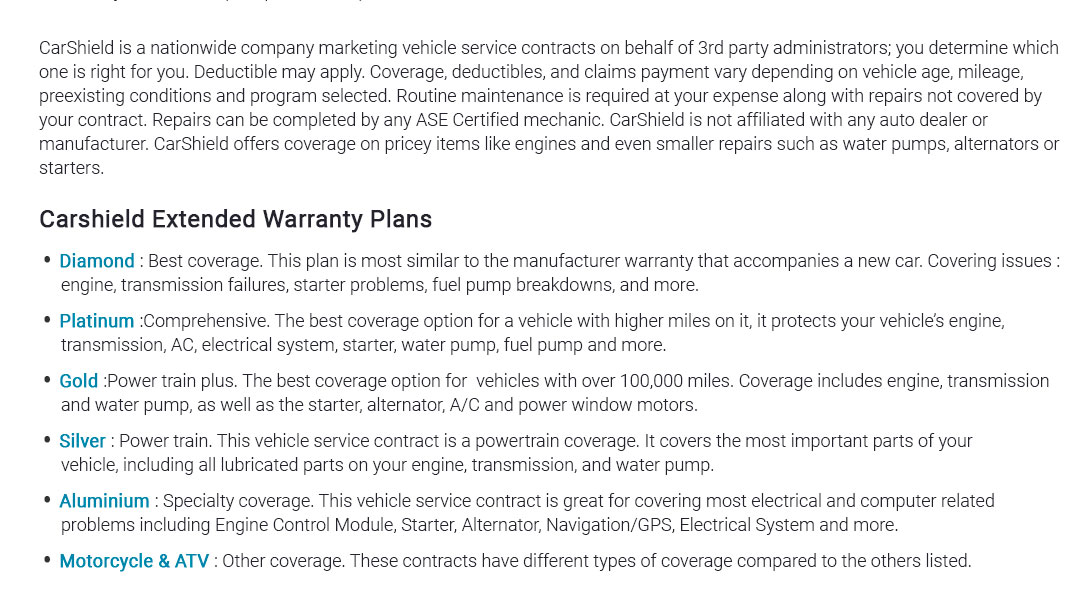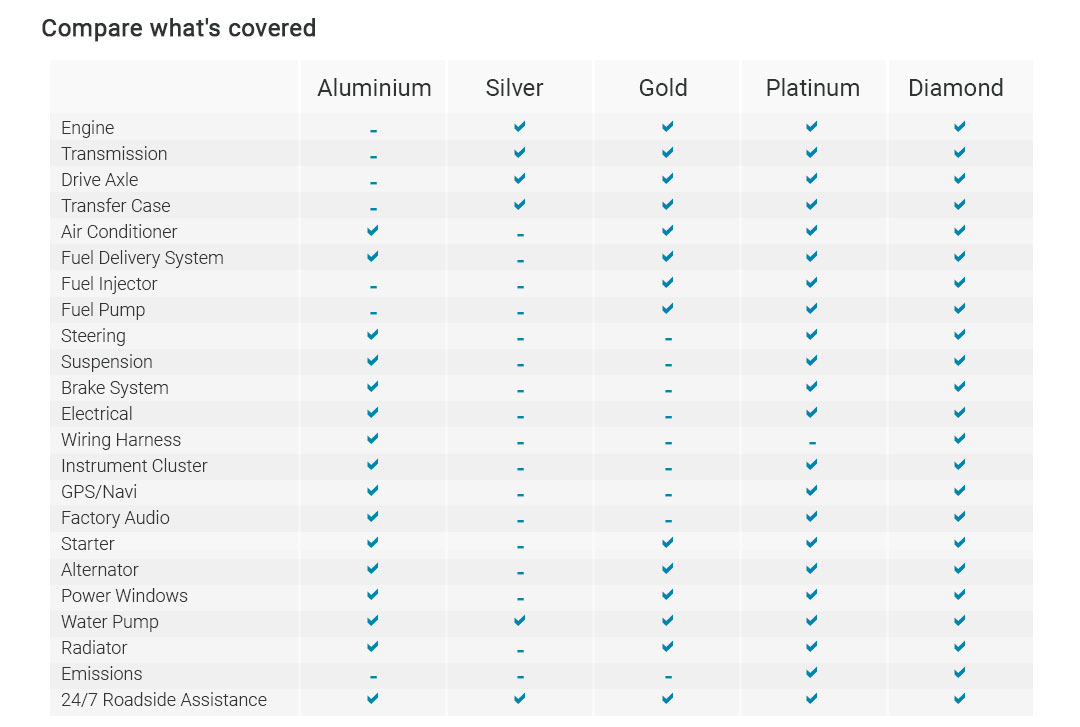 |
 |
 |
 |
 |
 |
 |
 |
 |
 |
|||
 |
 |
|||
 |
 |
|||
 |
 |
|
|||||||
 |
|||||||
 |
|||||||
 |
|||||||
 |
|||||||
|
|||||||
|
||||||
 |
||||||
 |
||||||
 |
||||||
|
 |
 |
 |
 |
 |
 |
 |
|||
 |
 |
|||
 |
 |
Total Car Warranty: What You Need to KnowWhen you purchase a vehicle, one of the key considerations that often comes into play is the protection offered by a total car warranty. A total car warranty, sometimes referred to as a bumper-to-bumper warranty, is an agreement that can provide peace of mind by covering a wide range of potential issues with your vehicle. In this comprehensive guide, we’ll explore what a total car warranty typically includes, its benefits, and what you should consider before making a decision. First and foremost, it’s important to understand the basic components of a total car warranty. Unlike limited warranties, which may only cover certain parts of your vehicle, a total car warranty is designed to encompass nearly all the components of your car, excluding, of course, regular maintenance items like oil changes, brake pads, and tires. This comprehensive coverage can be incredibly beneficial, particularly if you are purchasing a used vehicle or if you plan to keep your car for an extended period. One might wonder, what exactly does a total car warranty cover? Typically, such a warranty will cover mechanical failures, electrical system issues, and even some high-tech features that are becoming more common in modern vehicles. This includes the engine, transmission, drivetrain, and other critical components. However, it’s crucial to read the fine print, as some warranties might have exclusions or conditions that could affect coverage. There are several advantages to having a total car warranty. For one, it offers financial protection against unexpected repairs, which can be costly. Imagine experiencing a sudden transmission failure; without a warranty, such a repair could set you back thousands of dollars. Additionally, having a warranty can enhance the resale value of your car, as potential buyers often see it as a sign of reliability and assurance. However, not all warranties are created equal, and it’s vital to consider a few factors before committing. Firstly, assess the duration and mileage limits of the warranty. Most total car warranties have a specific term, often ranging from three to ten years, and may also include mileage caps. It’s essential to choose a warranty that aligns with your driving habits. Furthermore, consider the reputation of the warranty provider. A reputable company is more likely to honor claims without hassle, ensuring you receive the support you need when you need it. Another factor to consider is the cost of the warranty. Some might argue that the upfront cost of a total car warranty could be substantial; however, when weighed against the potential savings on repairs, many find it to be a worthy investment. It’s wise to compare quotes from different providers and even negotiate terms to get the best deal possible. In conclusion, while a total car warranty can be a significant financial commitment, it offers invaluable peace of mind and financial protection. By thoroughly understanding the coverage, exclusions, and terms, you can make an informed decision that suits your needs and provides long-term benefits. As with any major purchase, due diligence and thoughtful consideration are key to ensuring that your investment in a total car warranty is a smart one. https://www.totalwarrantyservices.com/
First Mile Vehicle Service Contracts is a registered trademark of Total Warranty Services. ValueShield is a registered trademark of ValueShield, LLC. https://www.firstmilewarranty.com/
TWS is a market leader in the automotive industry for high-quality, profit-boosting F&I products and services. Our team of professionals assists dealerships in ... https://www.totalcarcareguaranteedforlife.com/
Total Car Care Guaranteed For Life offers the most comprehensive automotive service warranty benefit programs. Everything you would expect and more from one ...
|
















